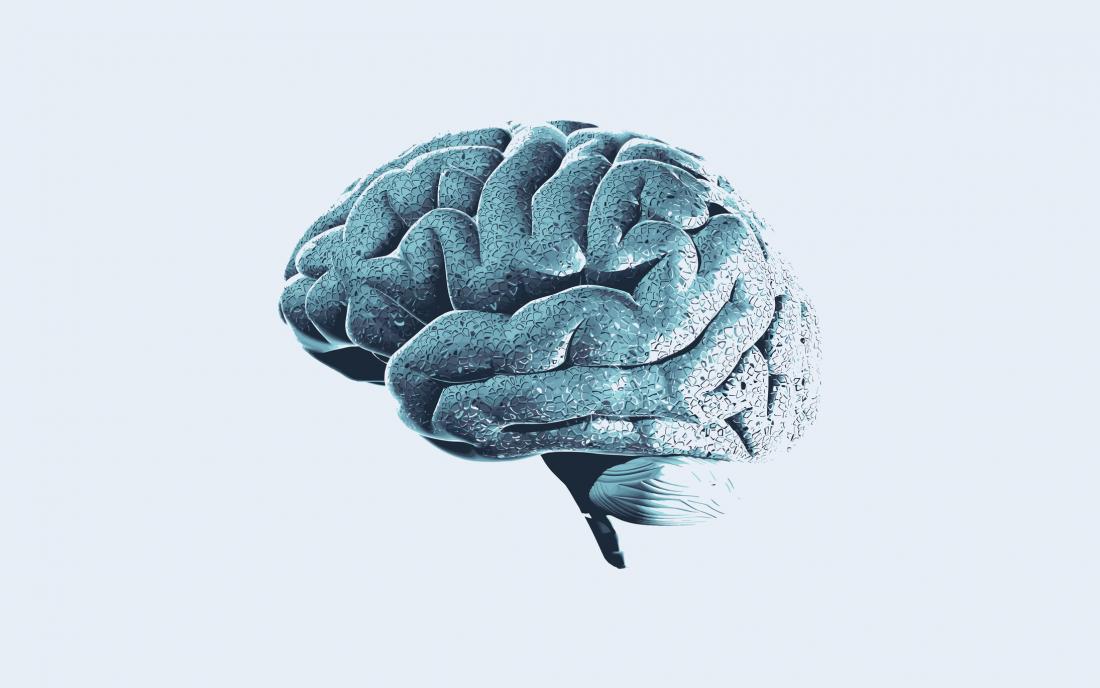Alzheimer's: Synthetic protein blocks toxic beta-amyloid

Alzheimer's is a relentless disease in which toxic clusters of beta-amyloid protein collect in brain cells. Now, scientists have designed a synthetic peptide, or small protein, that can block beta-amyloid in its early and most harmful stages.
The synthetic peptide, which has only 23 amino acids, folds into structures called alpha sheets. The sheets bind to early-stage, small clumps of beta-amyloid and stop them forming larger masses.
A team from the University of Washington (UW) in Seattle and other research centers in the United States designed and produced the synthetic peptide and also tested it in cells and animals.
The tests showed that alpha sheets of the peptide reduced the toxic impact of beta-amyloid in cultured human brain cells. The sheets also blocked early forms of beta-amyloid in animal models of Alzheimer's disease.
The Proceedings of the National Academy of Sciences is shortly to feature a paper about the study.
The researchers say that the findings could lead to treatments that clear away toxic beta-amyloid in its early forms. They also see potential for using the peptide as the basis of a test for diagnosing Alzheimer's disease before symptoms emerge.
Forms of beta-amyloid
Toxic beta-amyloid is a distinguishing hallmark of Alzheimer's disease. But not all forms of beta-amyloid are toxic. Brain cells, or neurons, make the protein in a simple form called a monomer. Monomer forms of beta-amyloid carry out essential jobs in brains cells.
However, in people with Alzheimer's disease, beta-amyloid monomers cluster into oligomers, which can contain up to 12 monomers.
The formation of protein deposits is a typical feature of diseases in which a protein fails to fold properly into the shape necessary for it to do its job.
In Alzheimer's disease, the oligomers continue to grow into longer shapes, and then eventually, they form much bigger deposits, or plaques.
At first, scientists thought that plaques were the most toxic form of beta-amyloid that produced symptoms of Alzheimer's disease, such as loss of memory and thinking capacity.
However, due to growing evidence, an increasing number of experts are suggesting that the earlier oligomer stages of beta-amyloid are likely to be the most toxic to brain cells.
